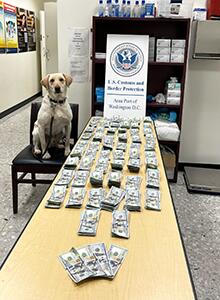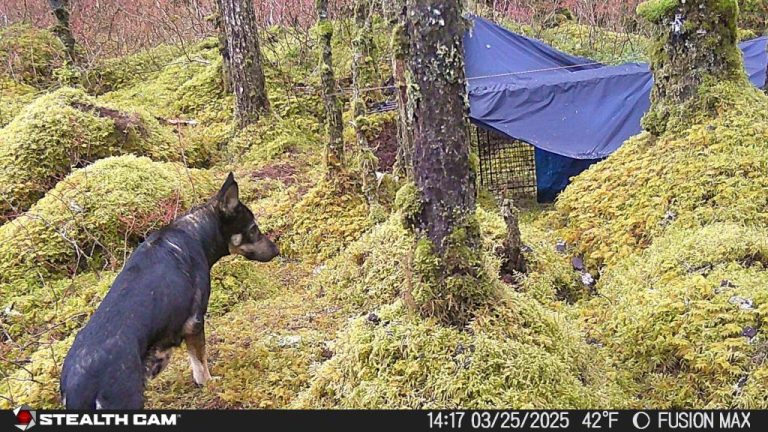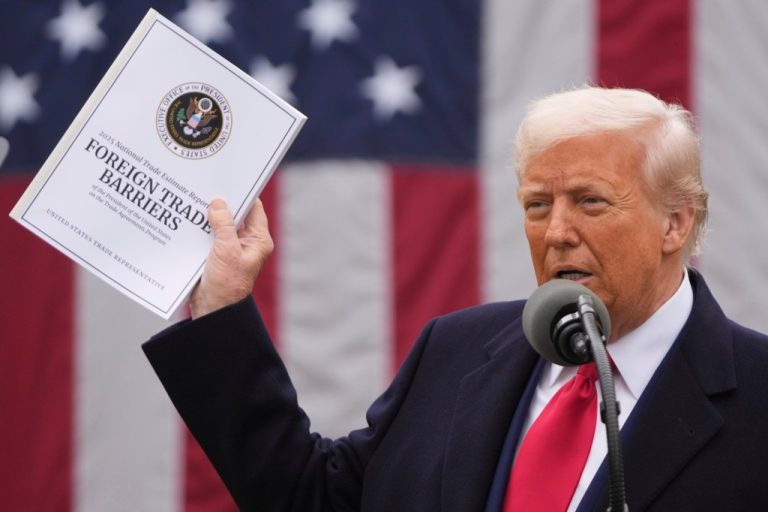
STERLING, Va. – U.S. Customs and Border Protection officers seized $56,400 from an Iraq-bound man at Washington Dulles International Airport on Thursday only hours after they seized $68,000 in unreported currency from a Nigeria-bound family.
There is no limit to how much currency or other monetary instruments travelers may bring to or take out of the United States. However, federal law [31 USC 5316] requires travelers to report all currency of $10,000 or greater to a CBP officer and complete U.S. Treasury Department Report of International Transportation of Currency or Monetary Instruments [FINCEN 105]. Read more about currency reporting requirements.
CBP officers and currency detector dog Fuzz conducted outbound inspections of passengers departing on a flight to Doha, Qatar, when K9 Fuzz alerted to a man’s carryon baggage. Officers explained U.S. currency reporting laws and asked the man how much currency he and his mother had in their possession. The man, who was traveling with his mother to Iraq, reported that he had $30,000 and signed the FINCEN 105 form formally reporting that amount.
During a subsequent inspection, CBP officers discovered a combined $42,000 in carryon bags and on their persons.
Officers escorted the man and his mother back to CBP’s inspection station where officers discovered an additional $14,400 in the man’s checked baggage.
CBP officers seized a combined $56,400 and released the family to continue their trip.
Earlier on Thursday CBP officers seized $68,000 from a Nigeria-bound family after the family reported to officers that they possessed only $10,000.
“These are two currency seizures that could have been completely avoided had the two parties truthfully reported all of their currency to Customs and Border Protection officers,” said Marc E. Calixte, Area Port Director for CBP’s Area Port of Washington, D.C. “CBP urges all travelers to fully comply with our nation’s laws during inspection, including U.S. federal currency reporting law.”
Travelers who fail to truthfully report all of their currency risk severe consequences, including missing their flight and interrupting vacation plans, to seeing all their currency seized by a CBP officer, to facing potential criminal prosecution for bulk currency smuggling.
Unreported bulk currency may sometimes be the proceeds of illegal activity, such as financial fraud and money scams. Greed may also cause some travelers to smuggle unreported currency that they may have lawfully attained to shield it from family or business partners.
Travelers can get an early start on reporting their currency by completing the fillable FINCEN 105 form prior to a CBP arrivals or departure inspections.
CBP officers and agents seized an average of about $217,700 in unreported or illicit currency every day during 2022 along our nation’s borders.
CBP’s border security mission is led at our nation’s Ports of Entry by CBP officers and agriculture specialists from the Office of Field Operations. CBP screens international travelers and cargo and searches for illicit narcotics, unreported currency, weapons, counterfeit consumer goods, prohibited agriculture, invasive weeds and pests, and other illicit products that could potentially harm the American public, U.S. businesses, and our nation’s safety and economic vitality.
See what CBP accomplished during “A Typical Day” in 2022. Learn more at www.CBP.gov.
Follow the Director of CBP’s Baltimore Field Office on X (formerly Twitter) at @DFOBaltimore for breaking news, current events, human interest stories and photos, and CBP’s Office of Field Operations on Instagram at @cbpfieldops.







